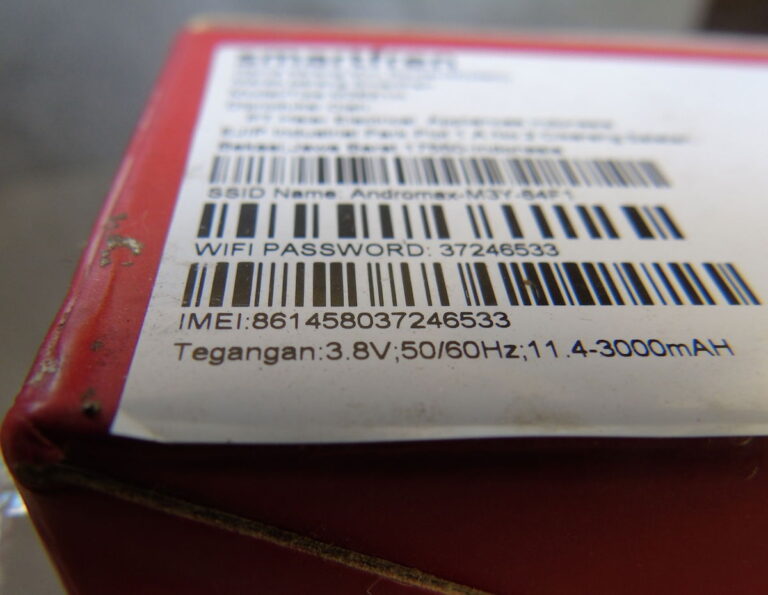
Spain’s solar plant could reshape the skies — turning sunlight into clean jet fuel for the future of flight. Credit: Canva
When people think of solar energy, they picture panels that charge electric cars or homes. But in Southern Spain, something new is being developed. Spain is going to lead one of aviation’s biggest revolutions—and it all starts with the latest solar power plant. If this succeeds, it can change not only how we fly but also how we power entire industries in the future.
The Beginning of Progress
A Swiss company, Synhelion, is building the world’s first commercial plant in Spain to create jet fuel directly from the sun. Not electricity, but real aviation fuel that planes can burn without any adjustments. Aviation is mainly responsible for 2-3% of the global carbon emissions, and it’s rapidly growing. With solar fuels, we can: Cut aviation emissions dramatically, and turn CO₂ into a resource. The target is to produce 1 million tonnes of jet fuel annually by 2033. This projected plan will cover half of Europe’s sustainable aviation needs.
Why Spain?
- Perfect sun conditions: Southern Spain has one of the highest and most reliable sources of solar radiation levels in Europe. They also already host Europe’s largest concentrated solar power plants.
- EU innovation funds: The European climate & energy goals are driving significant investments into alternatives to fossil fuels. Spain also hosts Europe’s largest CSP plants.
Spain’s new solar jet fuel project is not another “green energy experiment.” It is a glimpse of a future where the sun can capture the energy that powers our world and our flights. This is not some milestone; if it scales, solar fuel can help major carriers like Ryanair, Iberia, and Lufthansa meet climate mandates without grounding the aircraft or raising ticket prices. Spain is betting on the future of clean travel, on the ground and in the sky, powered by the oldest engine we know: The Sun.
Sign up for personalised news
Subscribe to our Euro Weekly News alerts to get the latest stories into your inbox!
By signing up, you will create a Euro Weekly News account if you don’t already have one. Review our Privacy Policy for more information about our privacy practices.





![Sunday is the last day to take advantage of the Chase refinance mortgage rate sale [Expired]](https://thenewsblend.com/wp-content/uploads/2025/12/eed000a0-caf6-11f0-baaf-499d9d48b516-768x512.jpg)

